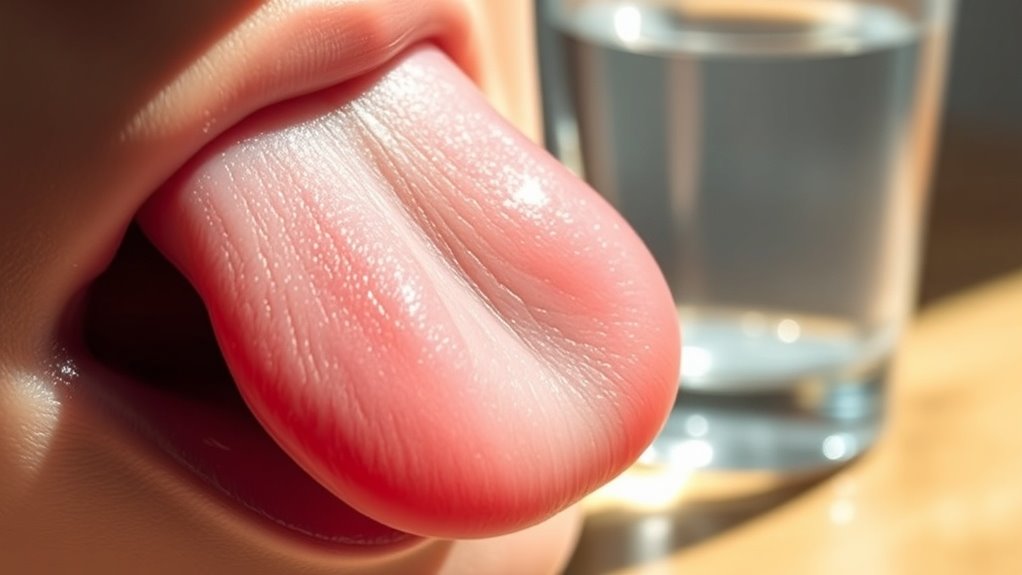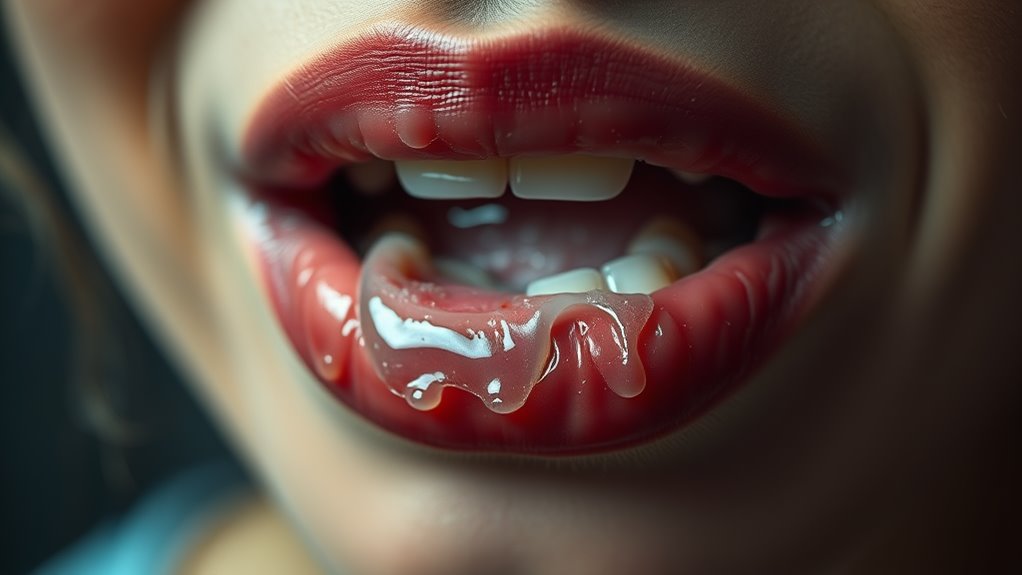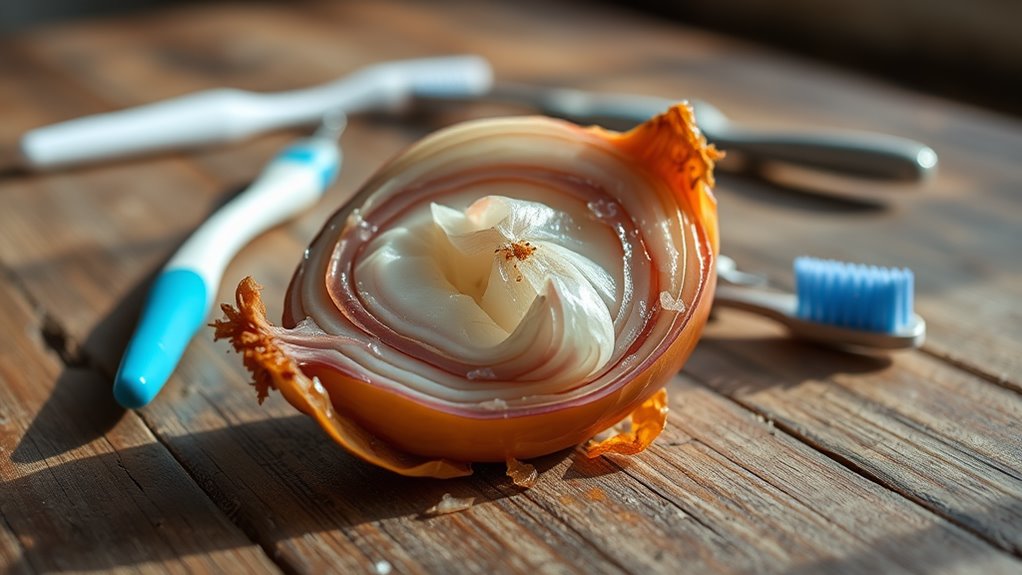Why Dry Mouth Might Be Causing Bad Breath
Imagine waking up each morning with an unpleasant taste in your mouth, wondering about the source of that bad breath. You might not realize that dry mouth is a significant player in this issue. When saliva levels drop, bacteria thrive, leading to persistent odors and plaque buildup. Understanding the connection between dry mouth and bad breath can help you tackle this problem effectively and improve your overall oral health.
Understanding Dry Mouth
Understanding dry mouth is crucial because it can significantly impact your oral health and overall well-being.
This condition, often caused by medication or dehydration, can lead to discomfort and dental issues.
Fortunately, there are effective dry mouth solutions.
Staying hydrated, using saliva substitutes, and maintaining a good oral hygiene routine can help alleviate symptoms and protect your teeth. Additionally, addressing dry mouth through proper hydration and dental care is essential to prevent bacteria growth that contributes to bad breath.
The Link Between Dry Mouth and Bad Breath
When you experience dry mouth, it’s not just the lack of moisture that’s troubling; it can also lead to bad breath. Saliva plays a crucial role in washing away food particles and bacteria. Without adequate saliva, these particles linger and bacteria multiply, causing foul odors. Managing oral bacteria is crucial for reducing bad breath and preventing dry mouth from becoming an ongoing issue. Staying hydrated is essential to combatting this issue and maintaining fresh breath.
Common Causes of Dry Mouth
Dry mouth can arise from a range of factors, each impacting saliva production.
Medications like antihistamines and antidepressants often contribute to reduced saliva.
Additionally, medical conditions such as diabetes, Sjögren’s syndrome, or even anxiety can lead to dryness.
Lifestyle choices, including excessive alcohol consumption and tobacco use, also play a significant role.
Identifying the cause helps address and manage your dry mouth effectively.
Symptoms and Effects of Dry Mouth
While many people might overlook it, dry mouth can lead to a range of uncomfortable symptoms and effects that impact daily life.
You may experience difficulty swallowing, sore throat, or a persistent dry feeling in your mouth. This can affect your sense of taste and result in increased plaque buildup, ultimately contributing to bad breath and dental issues if left unaddressed. Additionally, good oral hygiene is crucial in preventing complications associated with dry mouth.
Effective Solutions for Managing Dry Mouth
To effectively manage dry mouth, consider implementing a combination of lifestyle changes and professional treatment options. This approach can greatly improve your comfort and oral health. Staying hydrated is key to maintaining a fresh mouth, as it encourages oral moisture and ultimately helps reduce odor-causing bacteria.
| Solution Type | Examples | Benefits |
|---|---|---|
| Lifestyle Changes | Hydration, chewing gum | Increases saliva flow |
| Over-the-Counter | Saliva substitutes | Moisturizes mouth |
| Prescription Meds | Oral moisturizers | Long-lasting relief |
| Dietary Adjustments | Avoiding caffeine, alcohol | Reduces dryness |
| Regular Check-ups | Dentist appointments | Monitors oral health |
Tips for Maintaining Good Oral Hygiene
Maintaining good oral hygiene is essential for preventing issues like bad breath and tooth decay.
Brush your teeth twice daily using fluoride toothpaste, and don’t forget to floss. Rinse with an antibacterial mouthwash to reduce plaque.
Stay hydrated to combat dry mouth, and visit your dentist regularly for check-ups. Incorporating probiotic-rich foods into your diet can also help balance oral microbiome health and promote optimal breath freshness.
These practices will keep your mouth healthy and fresh, ensuring optimal oral hygiene.




